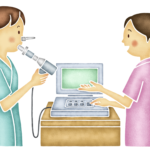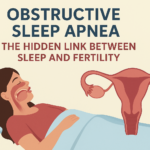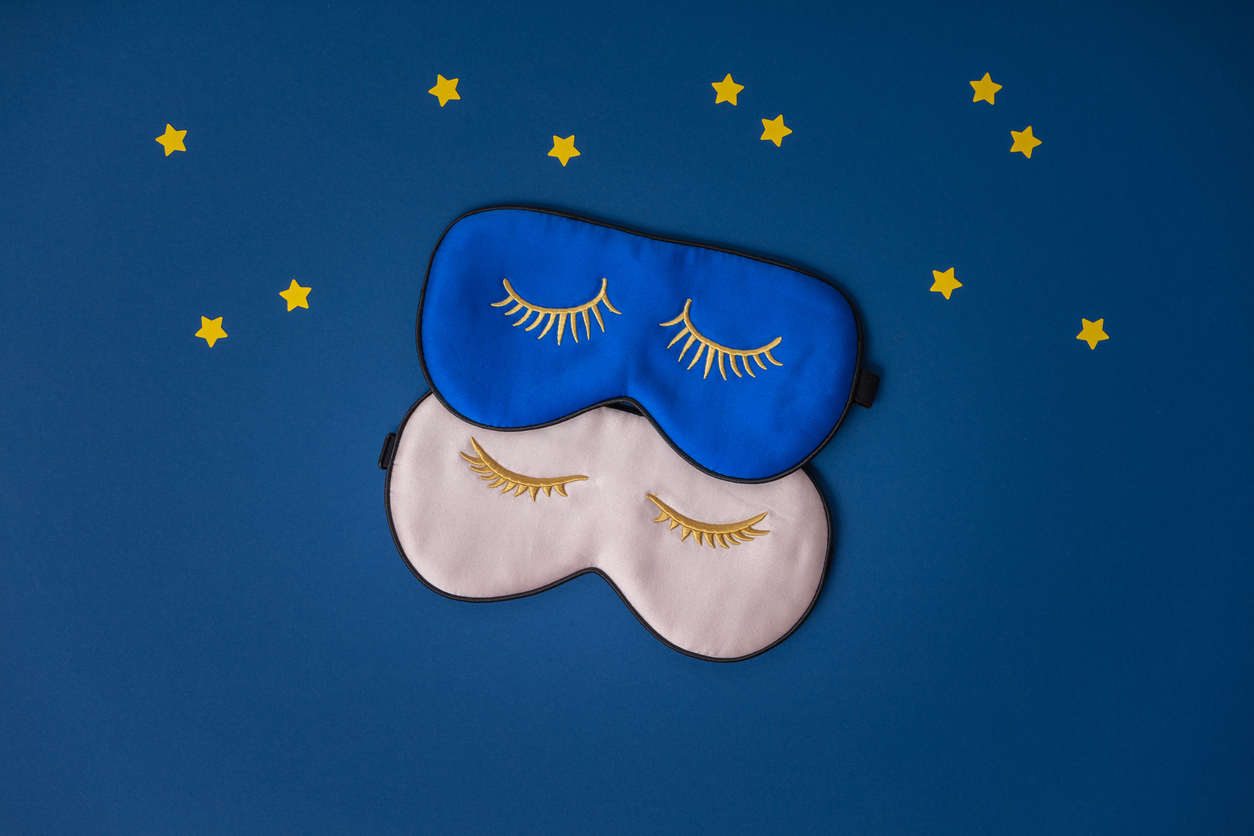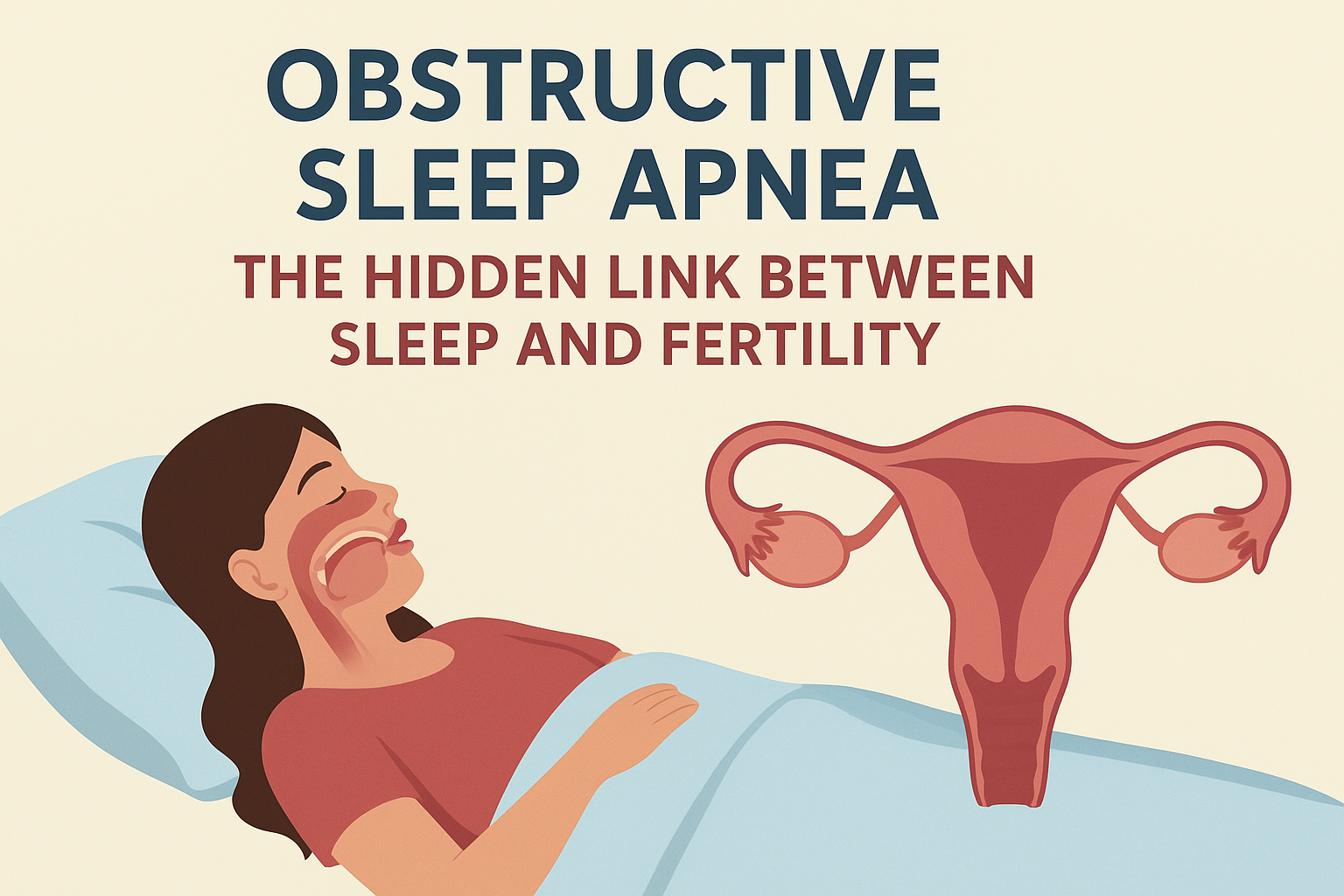By-Dr.Manvir Bhatia, Ananya-22/01/2024
Sleep is a fundamental process in which the body undergoes crucial processes such as memory consolidation, cellular repair, and hormonal regulation. A good quality sleep is very important for emotional well being, cognitive function and our overall health as it is the only way our body completely rejuvenates mentally and physically.
Mental health is a broad term that encompasses the emotional, psychological, and social well-being of individuals. It influences how we think, feel, and behave. A good mental health will help you cope well with stress, take decisions, build healthy relationships and maintain them. Taking care of your mental health and addressing its issues helps with your sleep quality and thus your overall health. According to a study by Scott et al., good sleep resulted in improving mental health regardless of any mental or physical health comorbidities. A study by Paavoven et al., concluded that about 67% of adolescents with sleep problems like trouble falling asleep, early awakening etc. suffer from anxiety and depression.
Here it is very evident that sleep and mental health are intricately connected and bidirectional. Adequate sleep improves memory consolidation, problem solving abilities and mental resilience. On the other hand, irregular sleep patterns can result from mental health disorders like anxiety, depression, and insomnia, which can exacerbate the underlying mental health problems. Inadequate or inadequate sleep can affect the way emotions are regulated, make one more susceptible to mood disorders, and hinder cognitive abilities. Sleep-related therapies can improve mental health outcomes by identifying and treating sleep disorders, which is becoming increasingly acknowledged as an essential component of mental health care. A complete approach to well-being that takes both factors into account is crucial, as the complex interactions between sleep and mental health highlight.
Sleep may suffer as a result of the following psychological conditions:
Stress – When a person is sleep deprived, it becomes incredibly difficult to manage with even minor amounts of stress. Our sensitivity and irritation levels rise as a result. Enormous amounts of annoyance can be caused by small things. An overpowering sense of helplessness and misery characterizes depression, a mental condition. Depression may arise from insufficient sleep. Additionally, through a negative feedback loop, it may intensify depressive symptoms. Depression is aggravated by poor sleep, which makes sleep even more difficult. The risk of depression is decreased if early insomnia is adequately managed. As a result, we draw the conclusion that depression and sleep deprivation are strongly correlated. Worrying excessively is a symptom of anxiety disorders.
Panic disorder, PTSD, OCD, phobias, social anxiety disorder, and obsessive compulsive disorder are among them. It also raises the possibility of a number of physical and mental health issues that impact our day-to-day lives. Anxiety and panic induce hyperarousal, which keeps our minds active and sometimes results in insomnia. Patients with post-traumatic stress disorder (PTSD) frequently experience nightmares and relive traumatic experiences in their brains. Their mind cannot rest because of this, and is constantly vigilant. Anxiety is greatly exacerbated by sleep disturbances and sleeplessness. People with bipolar disorder are characterized by intense mood swings. It goes through two stages: a high (mania) and a low (depression). A person’s symptoms and moods can vary depending on the phase they are going through. People do not feel the need to sleep during manic periods, but they tend to sleep a lot during depressive ones. A person frequently experiences this significant change in sleep in between bouts. Issues with sleep have the tendency to both cause and exacerbate the incidence of high and low episodes. Schizophrenia: This illness impairs a person’s ability to distinguish between reality and fantasy. They are more likely to suffer from sleep-related illnesses and irregular circadian rhythms. Medications used for the treatment of schizophrenia can also cause sleeplessness. ADHD – It is a neurodevelopmental disorder. Its symptoms include reduced attention span and increased impulsiveness. It is usually diagnosed in children. Sleeping problems are relatively common in these patients. They have difficulty in falling asleep, frequent awakenings and excessive daytime sleepiness. Some also have severe conditions like, obstructive sleep apnea, restless leg syndrome, etc. ADHD and sleep have a bidirectional relationship.
Ways to manage sleep and mental health:
To ensure a restful night’s sleep, engage in basic physical activities such as yoga, walking, or regular sports for a minimum of 30 minutes each day. Relieving tension is another benefit of it. Maintaining a healthy diet is crucial for mental health. We have intimate connections between our stomach and brain, so eating a balanced, high-quality diet helps to keep our mental health in check. Our ability to sleep well is eventually harmed by eating junk food and oily food. Consistently adhering to a set sleep schedule helps us fall asleep at the same time everyday. In order to wake up feeling rested and productive, this helps us get a decent night’s sleep. One habit that aids in regaining mental tranquillity is practicing thankfulness. It instils optimism in us, enabling us to navigate life’s challenges and find happiness. Taking up a hobby is a healthy method to address our emotional well-being. It aids in our temporary relaxation depending on our degree of interest. Establishing objectives and goals and following through on them in a deliberate manner makes us feel accomplished and optimistic about hitting a daily goal. This also makes it possible for us to sleep soundly and go to bed peacefully. Connecting with people, sharing thoughts, ideas and feelings help us to understand the world in a better way. It exposes us to a lot of new places, things etc.
Good quality sleep is essential for neurodevelopment. It ensures a healthy and well functioning brain. It also maintains brain plasticity and prevents loss of brain tissue. When awake, it ensures us safety while performing various activities such as driving. A good quality seep of at least 8 hours enables us to handle our workload efficiently. We happen to balance our personal and professional life well. It helps us to be very patient and communicate well with our kids and spouse. We tend to be more energetic and tend to exercise more and put in more effort towards a healthy and active lifestyle.
To conclude, the complex interrelationship between sleep and mental health is of utmost importance, given their intimate link as key components of total wellbeing. Getting enough good sleep is essential for sustaining mental health and is not just a biological requirement. Anxiety, sadness, and cognitive deficits are just a few of the mental health conditions that are linked to inadequate or poor-quality sleep. On the other hand, making good sleep a priority and developing healthy sleeping patterns can be an effective and inexpensive way to support emotional and mental health. It is crucial to include sleep hygiene practices into holistic approaches to mental health care because of the symbiotic relationship between sleep and mental health. This will eventually lead to enhanced cognitive functioning, emotional stability, and general mental health.
References:
Scott, A. J., Webb, T. L., Martyn-St James, M., Rowse, G., & Weich, S. (2021). Improving sleep quality leads to better mental health: A meta-analysis of randomised controlled trials. Sleep medicine reviews, 60, 101556. https://doi.org/10.1016/j.smrv.2021.101556
Paavonen EJ, Solantaus T, Almqvist F, Aronen ET. Four-year follow-up study of sleep and psychiatric symptoms in preadolescents: Relationship of persistent and temporary sleep problems to psychiatric symptoms. J Dev Behav Pediatr. 2003;24:307–14. pmid:14578691











